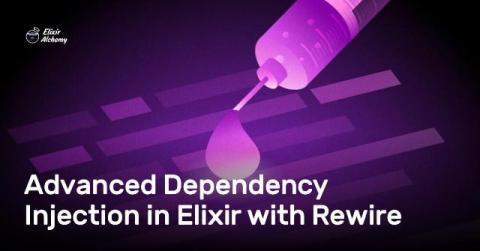Distributed Phoenix: Deployment and Scaling
In part one of this series, we managed distributed state using GenServers. This provided a foundation for understanding some core concepts in distributed Phoenix applications. Now, we turn our focus to deployment and scaling strategies. As your application evolves to meet growing demands, knowing how to scale horizontally, maintain high availability, and monitor distributed components becomes crucial.











